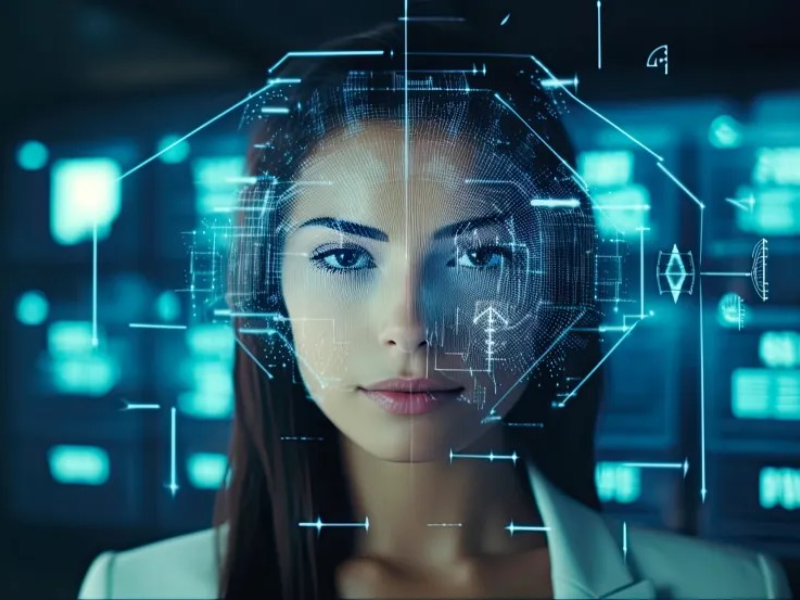- A bipartisan group of senators has introduced the “NO FAKES Act,” which aims to prohibit the unauthorised creation and distribution of digital replicas of individuals, particularly those generated by AI.
- The bill establishes a federal right to one’s voice and likeness, with exemptions for documentaries, biographical works, and content serving criticism or parody, in accordance with First Amendment protections.
OUR TAKE
The NO FAKES Act represents a significant legislative response to the challenges posed by AI-generated content, aiming to strike a balance between protecting intellectual property rights and preserving free speech. With broad support from both industry stakeholders and the tech community, the bill’s passage could set a precedent for regulating the use of AI in entertainment and beyond.
–Vicky Wu, BTW reporter
What happened
A bipartisan group of senators have introduced the “Nurture Originals, Foster Art, and Keep Entertainment Safe Act of 2024” or the “NO FAKES Act.” This bill aims to prevent the creation, hosting, or sharing of digital replicas of individuals in audiovisual works, images, or sound recordings without their consent, especially when these replicas are generated using artificial intelligence.
The legislation seeks to establish a federal right to one’s voice and likeness, preempting future state laws on the subject while preserving existing state protections. It also includes provisions for a safe harbour for AI software developers and a notice-and-takedown mechanism for online platforms, similar to the current online copyright framework. If enacted, websites hosting such material would be legally required to take it down upon receiving notice. The bill includes exemptions for documentaries, biographical works, and content that serves criticism or parody, in line with First Amendment protections.
Also read: Video game actors strike over AI concerns
Also read: Video: Taylor Swift deepfakes spark AI ethics debate
Why it’s important
The NO FAKES Act has garnered widespread support from various sectors of the entertainment industry, including SAG-AFTRA, the Recording Industry Association of America, the Motion Picture Association, major studios, and talent agencies. The bill is seen as a critical step towards protecting performers and artists from the unauthorized use of their likenesses and voices, particularly in the context of rapidly advancing AI technologies.
The bill’s introduction follows a series of lawsuits and public statements from artists who have expressed concerns about the misuse of their content through AI-generated replicas. High-profile figures, such as Taylor Swift, have previously decried the creation of AI imitations as an attack on human creativity.
Support for the legislation extends beyond the entertainment industry, with tech giants like OpenAI and IBM also endorsing the bill. These companies argue that while AI can foster creativity, it should not be used to exploit artists’ rights without their consent. “Creators and artists should be protected from improper impersonation, and thoughtful legislation at the federal level can make a difference,” said Anna Makanju, vice president of global affairs at OpenAI.

